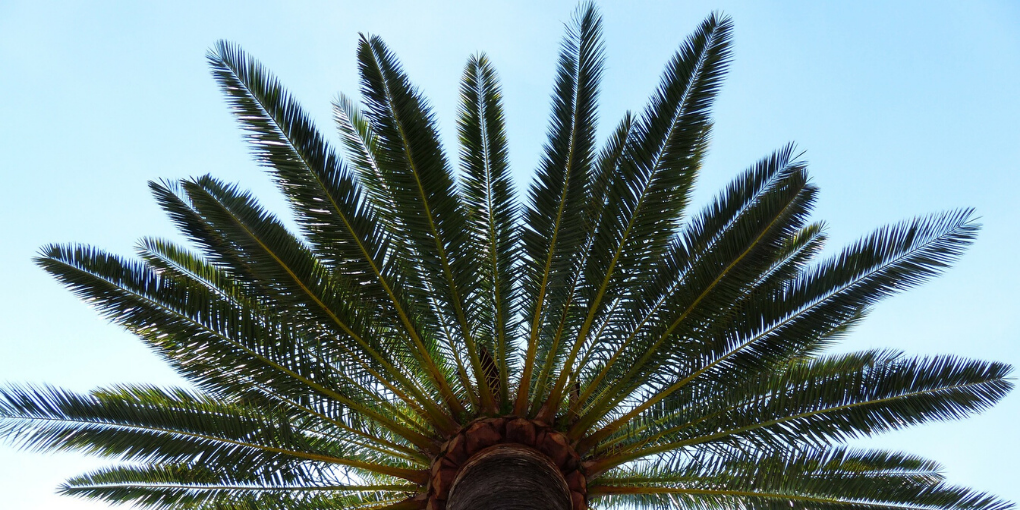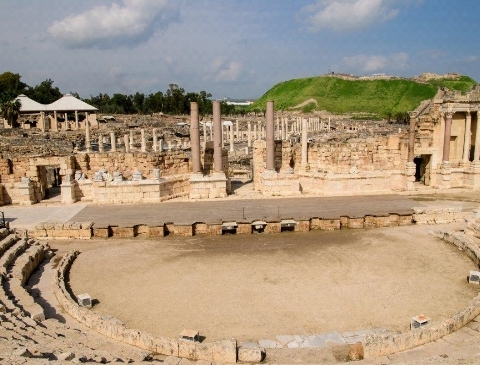An array of Judean date seeds, grown about 2,000 years ago, have been fertilized and nine months later, are beginning to sprout. Out of 32 date seeds, 6 have blossomed to make up their own modern-day tribe of Judean dates. Elaine Solowey, the Director of Sustainable Agriculture of the Arava Institute, who is leading the planting process, has named each of the plants, Adam, Jonah, Judith, Hannah, Uriel and Boaz. Only the two female plants will be pollinated in an attempt to grow fruit.

A team of researchers fertilized the seeds gently, rehydrating them to support root growth, making ideal conditions with fertile soil, a safe greenhouse, with just one chance for each seed. The report states that the germination and study of the Judean date palm is exciting, as it is “described in antiquity for the quality, size and medicinal properties of its fruit” which has been lost for centuries.
The ancient seeds were found across the Negev, thought to be from the fourth century BCE to the second century CE, a time in history when Judea was known for the delicious fruit and unique cultivation skills. Back then, dates were a massive export, and King Herod is said to have given them as prestigious gifts to emperors. Three of the growing plants are planted at Kibbutz Ketura in the south, while the others remain in the greenhouse under close watch.








